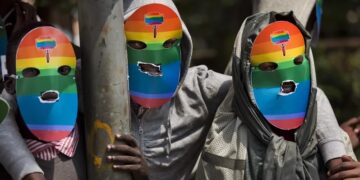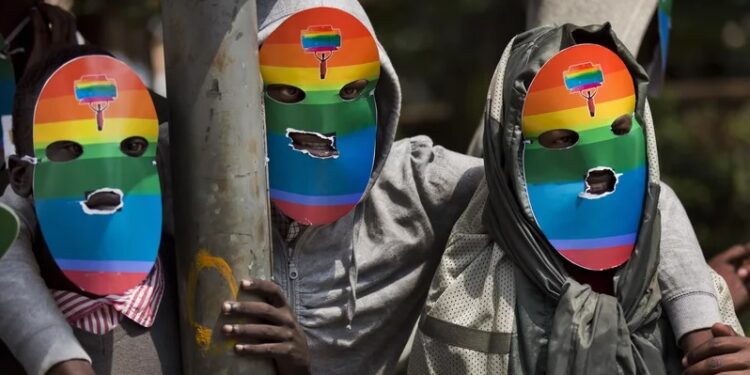By John Ikani
The World Bank has announced its decision not to consider providing new loans to Uganda in response to the country’s enactment of an anti-gay bill earlier this year.
The move comes as the East African nation’s enactment of the legislation has been widely criticized by rights groups and various quarters.
Following the enactment, the World Bank said it dispatched a team to Uganda to assess the situation.
The bank determined that additional measures were needed to ensure that its projects adhered to the institution’s established environmental and social standards.
The World Bank Group clarified its stance in a statement on Tuesday, stating, “We will withhold presenting any new public financing proposals for Uganda to our Board of Executive Directors until the effectiveness of these supplementary measures has been evaluated.”
The bank’s primary aim is to safeguard sexual and gender minorities from discrimination and marginalization within the projects it funds.
Discussions are currently underway with the relevant authorities regarding these measures.
The legislation, which includes provisions for the death penalty in certain cases of homosexual activities, was signed into law in May.
Despite facing significant opposition abroad, the law enjoys substantial domestic support, with Ugandan officials displaying a resolute attitude in the face of concerns that international partners such as the World Bank might withdraw financial resources in response.
The U.N. Human Rights Office has decried the Ugandan law as “harsh and discriminatory,” characterizing it as “a blueprint for systematic violations of the rights” of LGBTQ+ individuals and other marginalized groups.
The United States has cautioned against potential economic repercussions stemming from this legislation.
Efforts to contest the law have been mounted by activists and some members of academia, leading to legal challenges.
However, the timeline for when these legal proceedings will commence remains uncertain.
It’s worth noting that homosexuality is considered illegal in more than 30 out of Africa’s 54 nations.




































